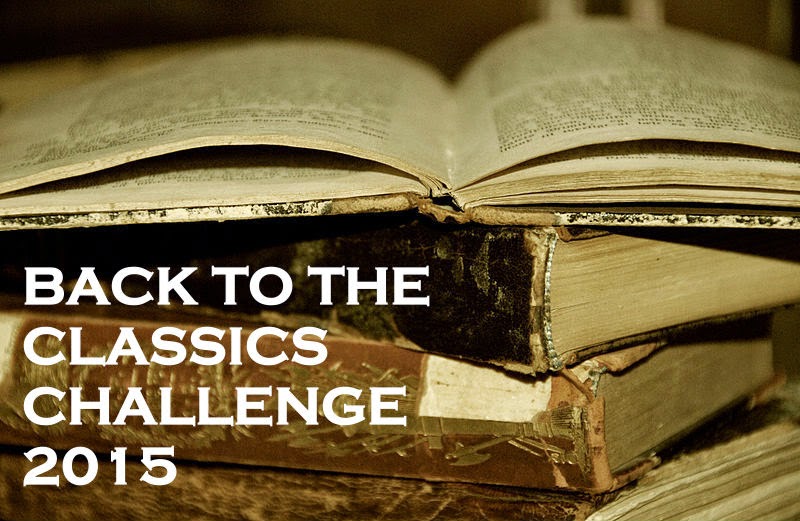 In 2001, Minnesota writer Leif Enger published his first novel, Peace Like a River. It wasn't long before it found itself on many bestseller lists including the New York Times. Time Magazine even named it one of the best books of the year. It is a story of faith, family and miracles combined with the strength and fortitude of the American pioneer spirit.
In 2001, Minnesota writer Leif Enger published his first novel, Peace Like a River. It wasn't long before it found itself on many bestseller lists including the New York Times. Time Magazine even named it one of the best books of the year. It is a story of faith, family and miracles combined with the strength and fortitude of the American pioneer spirit.The Plot:
The narrator of the story is 11 year old Reuben Land, a severely asthmatic boy growing up in Minnesota in the early 1960s. His family is rather unique: there is his brother Davy who seems so much older than his 16 years, his sister Swede who at the age of 8 is already writing epic poetry, and his father Jeremiah who performs miracles (the first in the novel being bringing Reuben to life after being born dead). Their quiet life is shattered one evening when Davy shoots two intruders and is charged with murder.
During his trial, Davy escapes from jail. Jeremiah decides to follow Davy, so the whole family packs up in their new Airstream trailer and head out west in pursuit of the fugitive. There are no real travel plans, Jeremiah simply goes and stops where he feels the Lord is leading him to. It isn't long before they realize that they are not the only ones pursuing Davy. Martin Andreeson, a federal agent, is also on Davy's tail and believes that the Lands know his whereabouts.
My Review (Caution-Spoilers):
This could possibly be the hardest book that I have ever had to review. I found it to be beautiful, shattering, and breathtaking, but telling you why is going to be almost impossible to do.
I guess that I should start with Enger's writing style. In its simplicity, it has an almost lyrical quality, though it can seem rambling it times. It reminded me a lot of To Kill a Mockingbird (though it has been awhile since I've read that). Really, the first paragraph in the book gives a wonderful example of the quality of Enger's writing:
"From my first breath in this world, all I wanted was a good set of lungs and the air to fill them with-given circumstances, you might presume, for an American baby of the twentieth century. Think about your own first gasp: a shocking wind roweling so easily down your throat, and you still slipping around in the doctor's hands. How you yowled! Not a thing on your mind but breakfast, and that was on the way."
But more than his general writing, I really enjoyed the "Sunny Sundown" poems. I'd love to have a book full of nothing but Sunny's epic exploits. It is also interesting how Enger uses the poems to reflect the story itself. As the story grows more complex and the good/bad lines more blurred, so do the poems. I also enjoyed Enger's descriptions of life in the Midwest and the land itself.
Of all of the different aspects in the story, it was the miracles that really captivated me. Seen through the eyes of an 11 year old boy, they had an almost understated quality. Reuben doesn't deny the wonder of these miracles, he simply accepts them with a childlike faith as plain fact. To me, Jeremiah at times represents an almost Christ-like figure. He speaks Reuben into life, but with a major asthma problem (sin?); he performs many miracles, but leaves Reuben wondering why he doesn't cure his asthma; he ultimately gives his own life for Reuben, the only thing that cures Reuben's asthma. This quote really cemented the idea for me:
"My sister, Swede, who often sees to the nub, offered this: People fear miracles because they fear being changed -- though ignoring them will change you also. Swede said another thing, too, and it rang in me like a bell: No miracle happens without a witness. Someone to declare, Here's what I saw. Here's how it went. Make of it what you will.
The fact is, the miracles that sometimes flowed from my father's fingertips had few witnesses but me. Yes, enough people saw enough strange things that Dad became the subject of a kind of misspoken folklore in our town, but most ignored the miracles as they ignored Dad himself.
I believe I was preserved, through those twelve airless minutes, in order to be a witness, and as a witness, let me say that a miracle is no cute thing but more like the swing of a sword."
As Christians, isn't that what we really are? Witnesses to say "God did this and this in my life.."? And for all the beauty of the miracles, they are nothing to the second to last chapter. This is a picture of heaven that in my mind blows even C. S. Lewis' depiction from The Last Battle out of the water. It literally took my breath away.
So, is this the best book that I have ever read? Well, I wouldn't go that far. I didn't really get into the plot until about half-way through, and didn't get the full effect of the novel until the very end. Having said that, I do think that everyone should give this novel a try. Its story may be simple and understated, but it is also achingly beautiful. It gives me hope for modern literature. Thanks to Josh for the recommendation! I know that this review is probably lacking, but I was serious when I said that it was going to be hard to review. You simply will have to read it for yourself.
The Movie:
There is a film version of this story currently in the works. The screenplay is by Kathy McWorter and the movie stars Billy Bob Thornton. It is slated to be released sometime this year.
















1 comment:
Something tells me I'm going to dislike the movie version.
Good review, though. Things are going well here. I start work tomorrow. ;)
Post a Comment